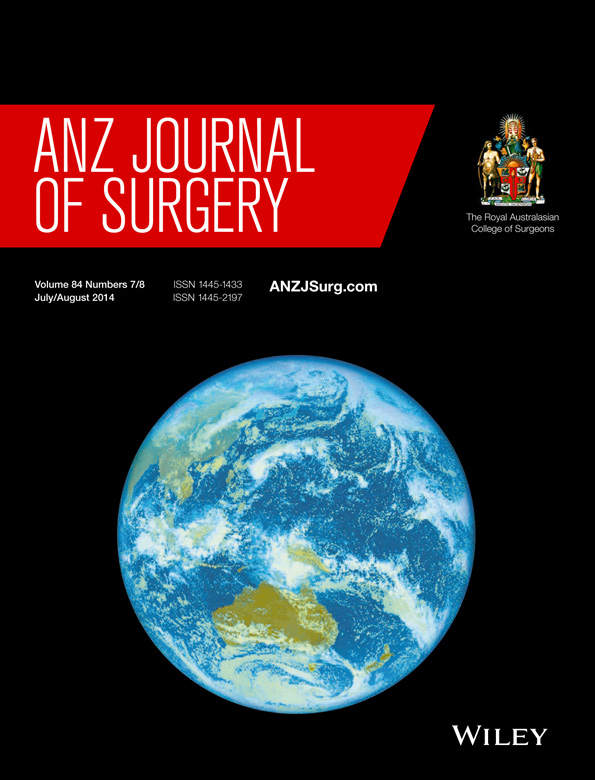Early oral feeding following laparoscopic colorectal cancer surgery
Abstract
Background
Early oral feeding (EOF) following colorectal surgery can accelerate patient recovery and shorten hospital stay. However, some patients are intolerable to postoperative early oral feeding. The aim of this study was to evaluate the tolerability of EOF following laparoscopic colorectal cancer surgery and the effects of intravenous lidocaine.
Methods
The cohort in this randomized, placebo-controlled trial (ClinicalTrial.gov, NCT01346917) comprised of 77 patients undergoing elective laparoscopic colorectal cancer surgery. For patients randomized to the lidocaine group, a loading dose of 1 mg/kg lidocaine prior to skin incision, and a continuous dose of 1 mg/kg/h lidocaine with 90 mg ketorolac (non-steroidal anti-inflammatory drug) (in normal saline, total 240 mL) was administered for 24 h. Patients randomized to the placebo group received a loading dose of 5 mL saline and a continuous dose of 90 mg ketorolac in 240 mL saline. The primary outcome measure was prevalence of postoperative nausea/vomiting and intolerance to EOF.
Results
Altogether, 68 patients completed the study and were analyzed. Postoperative nausea and vomiting were higher in the control group but did not reach statistical significance (P = 0.054). Tolerability of EOF was 96.9% in the lidocaine group and 91.7% in the control group (P = 0.62). There was no difference in postoperative pain, opioid consumption, bowel function recovery or postoperative hospital stay.
Conclusion
Perioperative intravenous lidocaine administered for laparoscopic colorectal cancer surgery might reduce postoperative nausea and vomiting. However, a high tolerability to EOF following colorectal surgery can be achieved by laparoscopic surgery alone without other supportive treatment.




